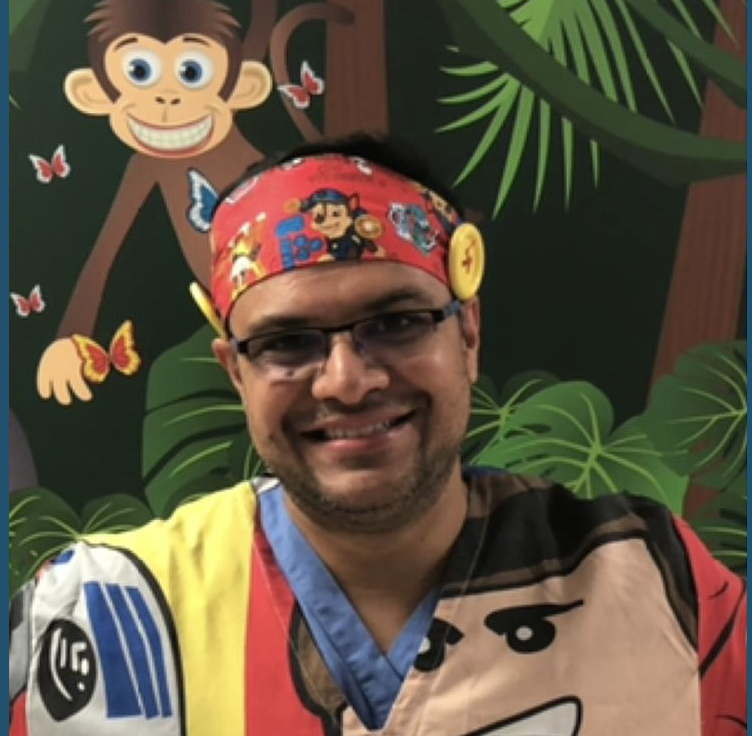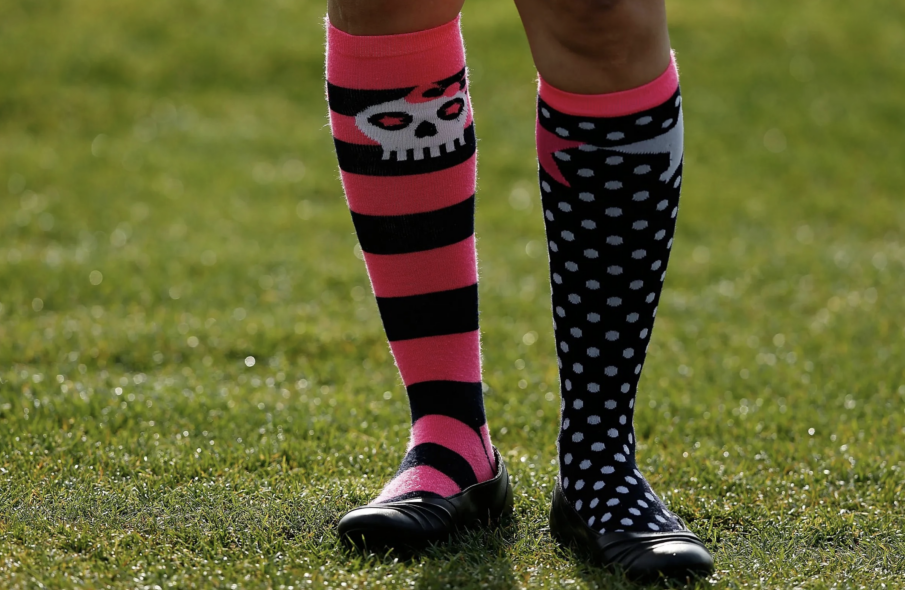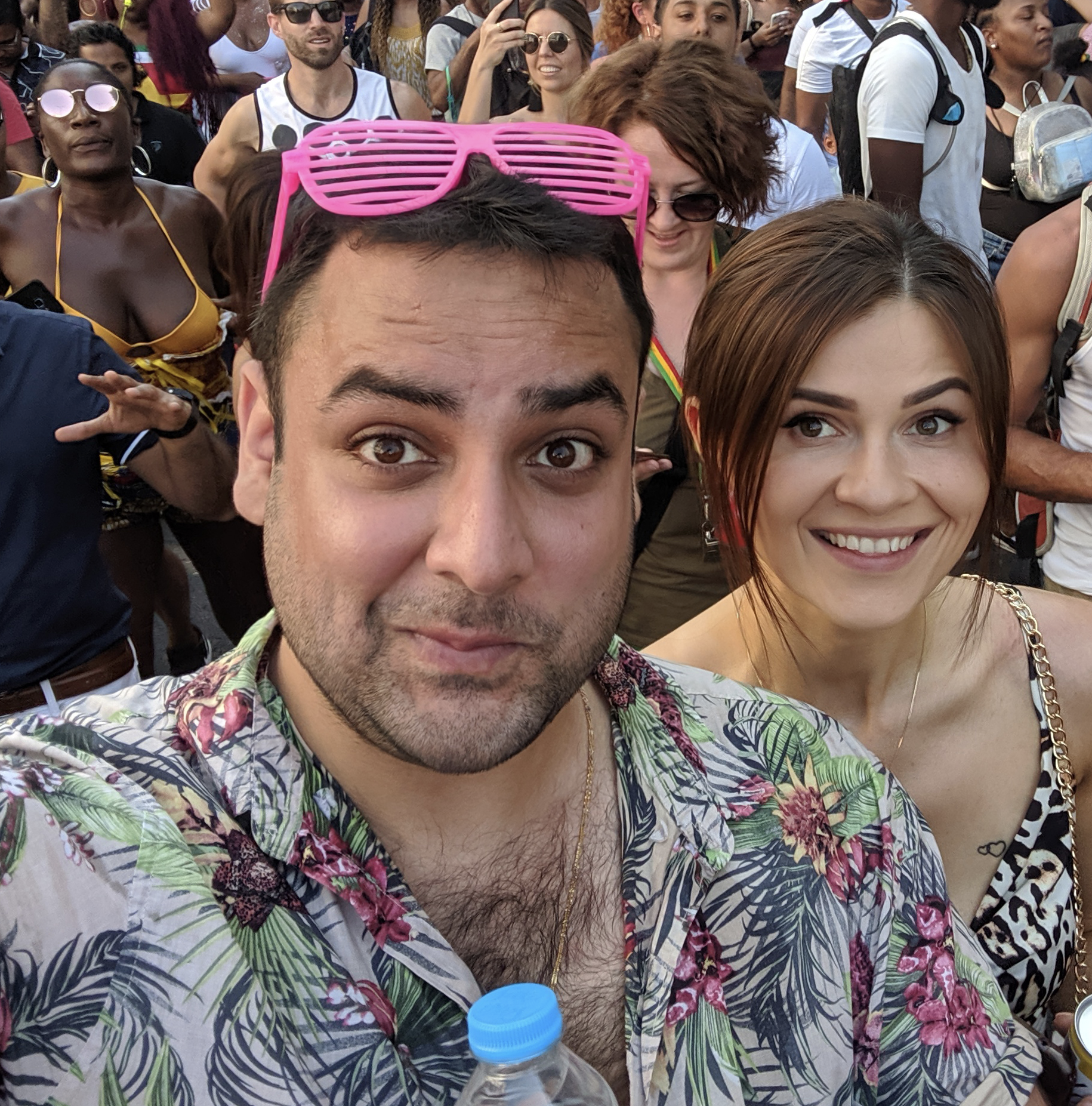
Reflections: Working in the NHS During COVID-19
Dr Nikhil Ganjoo
Paediatric Consultant with Neonatal Expertise
Let’s go back to when it started. Back in December 2019 when things were blowing out of proportion in China, the NHS was not prepared for what was coming their way.
When Covid-19 restrictions first came in to place, many units were slow to gather travel history. We didn’t know what questions to ask and were caught off guard. I was first on-call paediatrics consultant, when the Trust went in to the surge plan. Our plan initially was to segregate suspected patients and review them in isolation rooms, but our PPE supply gradually fell short in comparison with the growing number of cases, causing increased anxiety in the team. Wards were getting full, and we could not keep up with the high turnover of coughs and colds coming in, and the delay in Covid-19 test result certainly did not help.
At this point, what the government did well was badgering on the message not to attend hospitals unless absolutely necessary. This helped to reduce the number of avoidable and anxious A&E presentation.
Another critical point was when testing process became quicker than the usual 2-3 days and we were able to get patients out of isolation wards faster and prepare it for other unwell patients, thus improving patient flow.
The NHS was aware that the second wave would be bad, and that’s what we saw. This was partly due to people’s frustration with the lockdown rules and also due to the system being overwhelmed with arrival of other winter bugs.
With the new variant coming through we saw more unwell children coming in. There was also an overlap with Paediatric Multisystem Inflammatory Syndrome, which caused a small proportion of patients to become very sick very quickly due to multi organ failure. The Royal College of Paediatrics was quick to recognise this and various guidelines were set up. This included rapid access to a multi-disciplinary clinic with as many as 5 different specialists.
While we had lots of challenges, there were also several positives that came out during the last year for us as a Trust in response to the pandemic. Our centre is very teaching oriented and was first in the region to organise simulation based teaching around PPE especially when staff weren’t sure how to “done and doff” the PPE safely. We were constantly learning from what went well/ what would have been done better and alongside our clinical work also focussed on disseminating teaching videos on various social media handles such as Twitter for the benefit of other teams.
Among the non-clinical teams, the IT staff have been fantastic in adapting to the growing challenges. Quick roll out of Trust laptops and VPNs made it possible to run outpatient clinics, do follow ups, chase reports and results all virtually by staff who were working from home due to high risk or otherwise shielding. Increased remote access also made it easier to facilitate planning meetings for our complex care patients. Time was precious, and despite being spread across a large region, several different clinicians all playing a key role in different spheres were able to contribute their little piece to the jig-saw puzzle.
For doctors in training, there were several positives. It was previously tedious to book study leave and travel across the UK to attend different aspirational courses but this was now easier because of education system too adapting and training becoming available at the click of a button. Of course, this came with its own Zoom/ Teams fatigue, but under the given circumstances it was received well and enabled junior doctors to progress in their careers with as little disruption as possible.
Paediatrics as a specialty was relatively well protected in terms of staffing due to reduced redeployment especially in the first wave. As part of the surge plan, as a junior consultant I was ready to be redeployed and work as a registrar if the need would arise. We quickly developed special Covid working Rotas that helped organise more hands on the deck and stepping in to cover vacant shifts. Everyone was supportive and there were high spirits of camaraderie. In some ways, there was lesser degree of burnout.
We are also trying to combat moral injury. There has been an increase in delayed presentations example signs of serious conditions such as cancer getting missed due to virtual nature of appointments. We often remind ourselves that these are still unchartered territories, and everyone is working their best under the limitations of a pandemic.
Whilst there were innumerable challenges, one must celebrate the things that have gone well. The vaccination program has been amazing and reached out to so many people so quickly. Every new program has teething problems but the government has done extra-ordinarily well.
Paediatrics being a very friendly specialty, we miss the team gigs especially the team lunches where everyone used to bring their own lunches to share with others. We called this “foods of the world”. As an attempt to carry the tradition on, we are still meeting on Teams, with everyone bringing their meals from their gardens.
The NHS still remains in fire fighting mode. We are much closer to the light at the end of the tunnel now and have a lot to reflect on about the past year.
Thank you Nikhil Bhaiya, for sharing your reflections of the past year. I’d end on the famous words said by Charles Mackesy: “I can’t see a way through”, said the boy. “Can you see the next step? Just take that”, said the Horse”.
Shivani Dudha






